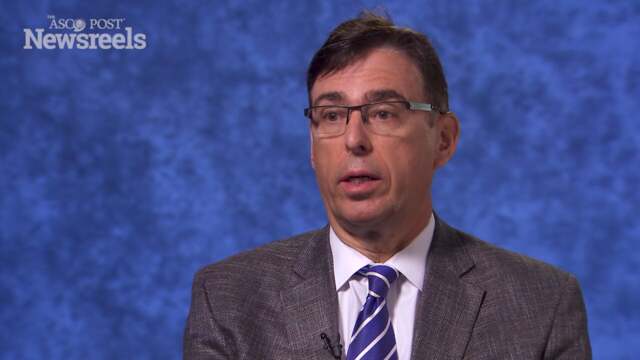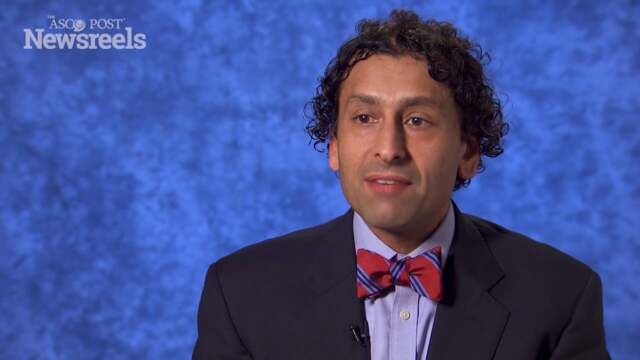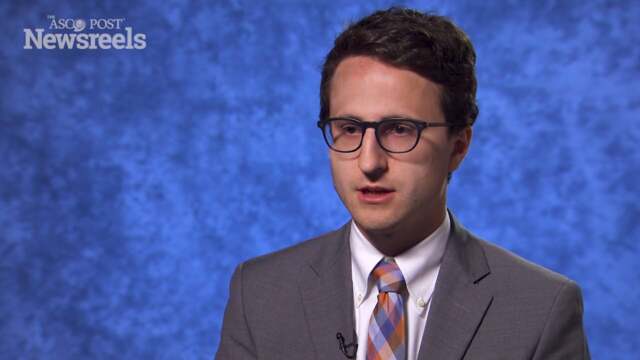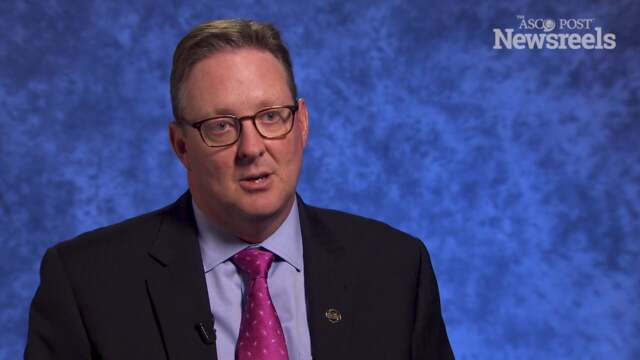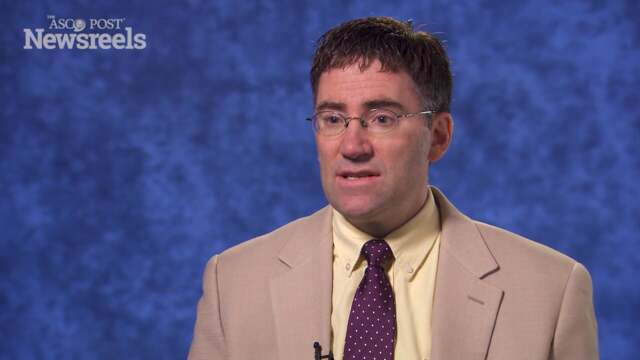William A. Hall, MD, on Prostate Cancer: Results From a Study of Three Treatment Modalities
2017 ASTRO Annual Meeting
William A. Hall, MD, of the Medical College of Wisconsin, discusses trial findings on androgen deprivation and radiation alone, compared with androgen deprivation, radiotherapy, and surgery in men with high-risk, nonmetastatic adenocarcinoma of the prostate (Abstract 15).
Marcus E. Randall, MD, of the University of Kentucky, discusses phase III study findings on pelvic radiation therapy vs vaginal cuff brachytherapy followed by paclitaxel/carboplatin chemotherapy in patients with high-risk, early stage endometrial cancer (Abstract LBA1).
Bhishamjit S. Chera, MD, of the University of North Carolina, discusses quantification of human papillomavirus 16 in circulating tumor DNA during de-intensified chemoradiation therapy for favorable-risk HPV-associated oropharyngeal squamous cell carcinoma (Presentation 92).
James E. Bates, MD, of the University of Florida, discusses a volumetric dose-effect analysis of late cardiotoxicity, results from the Childhood Cancer Survivor Study (Abstract 4).
Jeffrey D. Bradley, MD, of Washington University School of Medicine, discusses long-term phase III findings on standard-dose vs high-dose conformal chemoradiation therapy with or without cetuximab for stage III non–small cell lung cancer (Abstract 227).
Christopher R. Kelsey, MD, of Duke University Medical Center, discusses reducing the radiation dose from 30 Gy to 20 Gy for patients with diffuse large B-cell lymphoma. Phase II findings show this approach may be effective in light of improved systemic treatment and better chemotherapy response assessment (Presentation 298).
